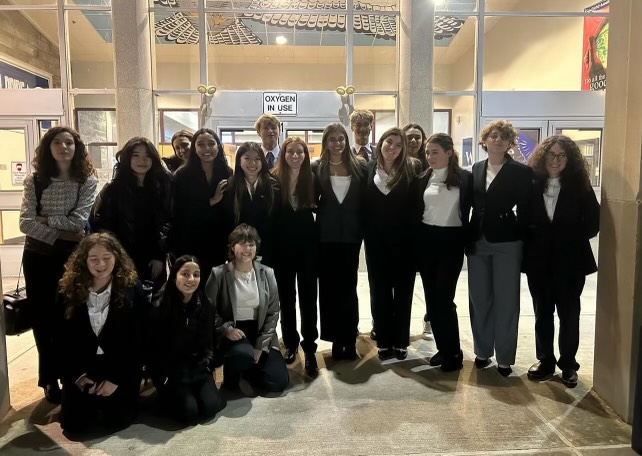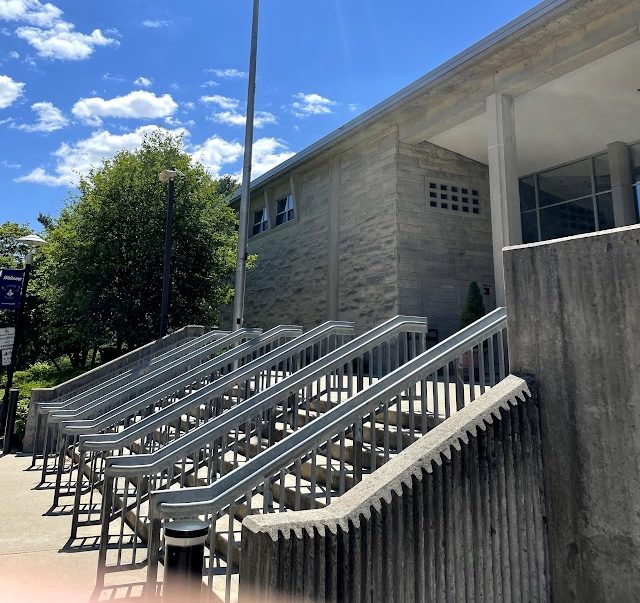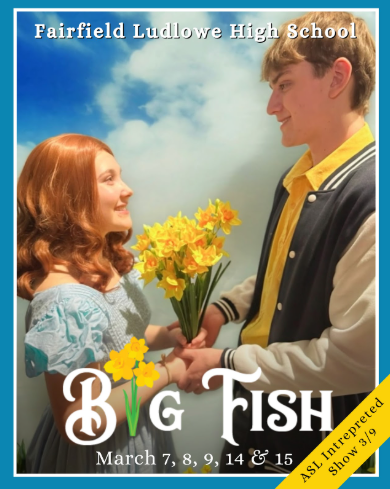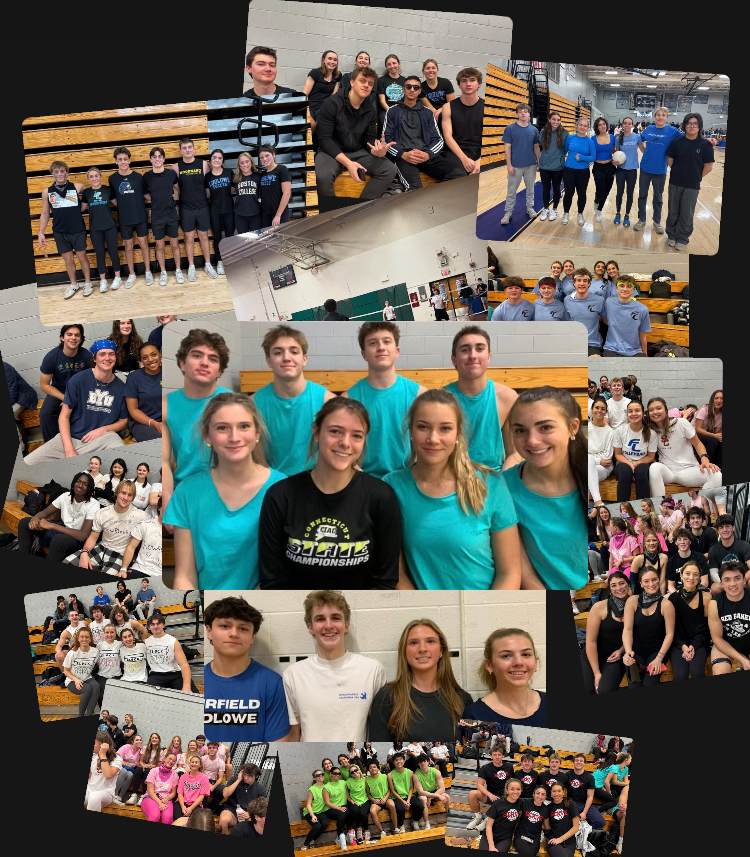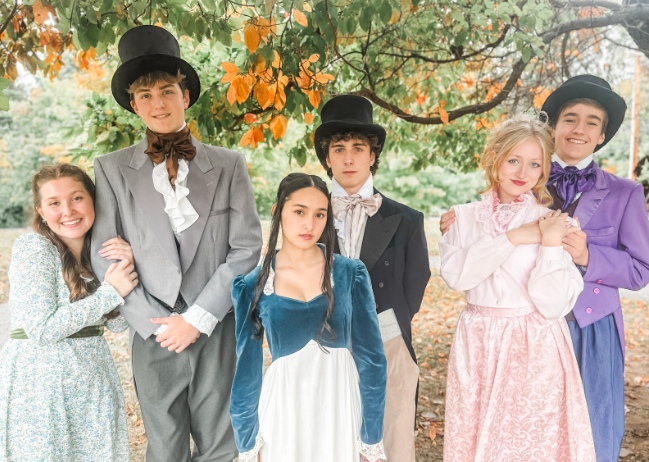On Friday, February 2nd, Mock Trial won again. Fairfield Ludlowe’s program emerged victorious at their trial in Bridgeport, one of only eight teams across the state to advance to the next round, the semifinals, which will be held on March 8th and determines the two state finalist teams.
Ludlowe’s Mock Trial program has a history of performing well in state tournaments. In fact, just last year, they placed second in Connecticut, losing only in the final round to Lyme-Old Lyme High School. This season, after emerging victorious at their trial in Waterbury last November, Mock Trial’s victory this month puts them closer to reaching the state finals again.
“It felt really gratifying to win, considering all the work that we put in to win these trials,” said Jack Emra ‘25, one of the team’s lawyers. “It’s also really exciting, considering we are just two wins away from the state finals and one step closer to nationals.”
“It felt very rewarding,” Danielle Kanter ‘24, another of the team’s lawyers and also a captain, agreed. “It also feels affirming to be able to understand that someone saw that effort,” she mentioned, discussing how the team has worked on the same case—with the same people—for five months.
“It is especially exciting to be able to continue the legacy of the team which continues to place in the top 3 in every competition,” Kanter continued.
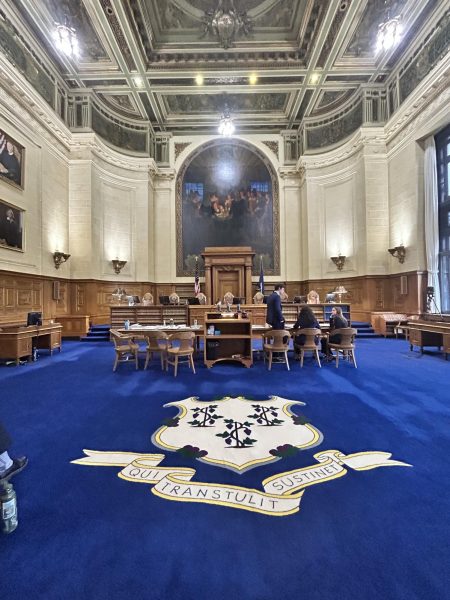
Connecticut Mock Trial programs are run by Civics First CT, a nonprofit that promotes law-related education across the state. In Mock Trial, students simulate the two sides of trial—the plaintiff and defendant—with a new case released every year for teams to work with. Students play lawyers and witnesses, with direct examination, cross-examination, and objections playing a major role in each trial.
This year’s case, Watson v. Gillette Lodge & Catering, Inc., is a theoretical contract law case concerning a wedding canceled during the Covid pandemic, with truffles and hors d’oeuvres playing a major part. Especially this year, the arguments are complicated and sometimes confusing—but the team still loves it.
“One of the biggest reasons why I like Mock is because of the people,” Emra said.
“The people make it exciting so that you can continue to work on the same material over and over without it becoming boring,” Kanter agreed.
“I think Mock Trial is much more than the case, it’s about the people you get to practice with,” said Sabrina Tomei Gonzalez ‘25, one of the team’s witnesses. “Mock is more than a team,” she continued, “it’s a family.”
The material is also a bonus—getting experience with trials and the law is fascinating, Emra stated. But even for people who don’t intend to pursue further education or a career in law, many people stress the critical thinking and speaking skills Mock Trial can help develop, as Mrs. Sousa highlighted.
Mrs. Sousa is one of Mock Trial’s faculty advisors, along with Mr. Patrick. “Mock Trial is not a club, it is truly a team,” she remarked, emphasizing how students get to try cases in front of real lawyers and judges—“in real courtrooms!”
The team’s membership is closed for the year. But tryouts are held at the beginning of each school year in September and are open to everyone. “It’s a lot of work,” Emra said, noting the practices, homework assignments, and plentiful FaceTimes. “But it’s fun.”
Kanter agreed. “There is something about Mock Trial that makes it uniquely exciting,” she said. “It doesn’t seem like it would be fun to work on an argument for an 80 page document for 8 months, but it is a highlight of my year. I love the bonds that you build within the team and the excitement of each trial,” she continued.
“Winning definitely makes it just that much better.”


